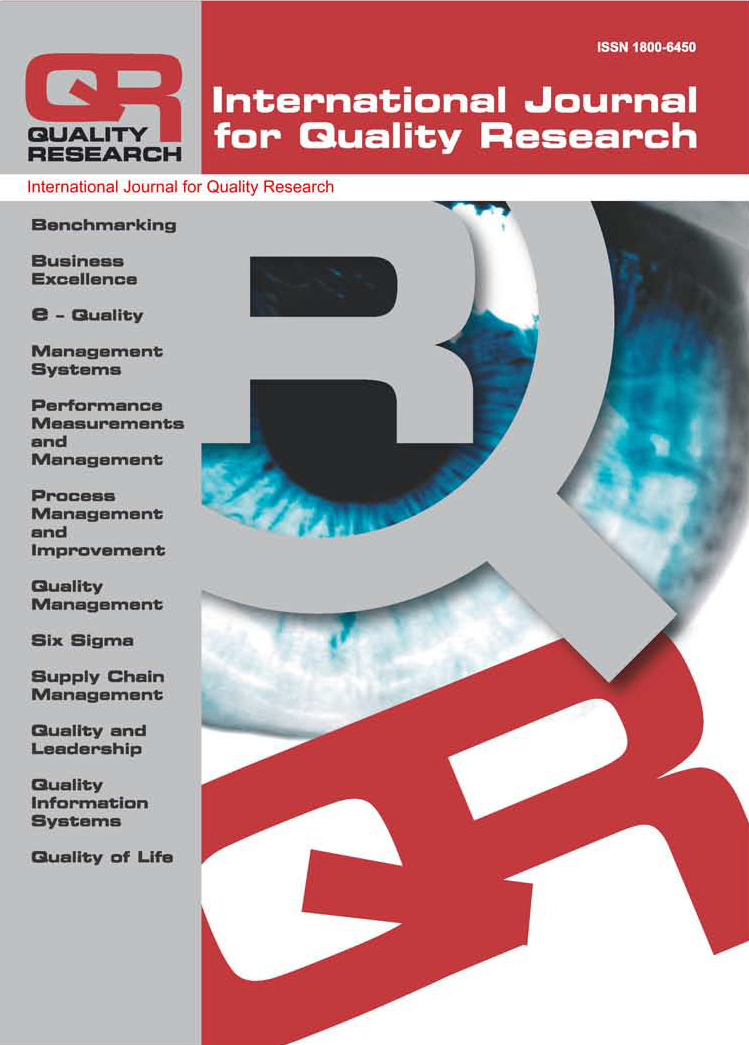ACHIEVING ORGANIZATIONAL EFFECTIVENESS THROUGH TQM PRINCIPLES IN DEVELOPING INDUSTRY: A CASE STUDY OF PALM OIL MERCHANDISING BUSINESS IN CROSS RIVER STATE
Rouhollah Mojtahedzadeh, Reza Izadi
Abstract: As a developing country, economic and environmental performance has to be balanced in India. Green supply chain management (GSCM) is emerging as an important proactive approach for Indian enterprises forimproving environmental performance of processes and products in accordance with the requirements of environmental regulations. This study examines the consistency approaches by confirmatory factor analysis that determines the construct validity, convergent validity, construct reliability and internal consistency of the items of Sustainable supply chain management (SSCM) requirements. This study examines the consistency approaches by Confirmatory factor analysis that determines the adoption and implementation of Sustainable supply chain management activities in small & medium scale industries. The requirements include Management commitment, customer coordination, sustainable design & production, green procurement and eco logistics for sustainable supply chains. This study suggested that the five factor model with eighteen items of the sustainable supply chain design had a good fit. Further, the study showed a valid and reliable measurement to identify critical items among the requirements of sustainable supply chains.
Keywords: sustainable, green supply chain, factor analysis, reliability organizational effectiveness, total quality management, (TQM), TQM principles, quality, agro-allied industry
DOI:
Recieved: 13 December 2012 Accepted: 24 april 2013 UDC: 65.8.562
Reads: 1509 







